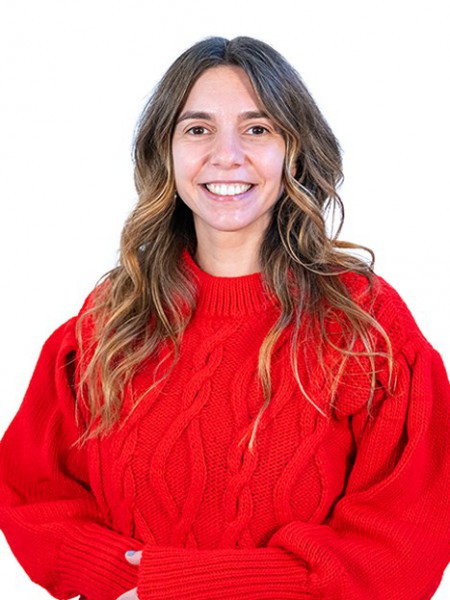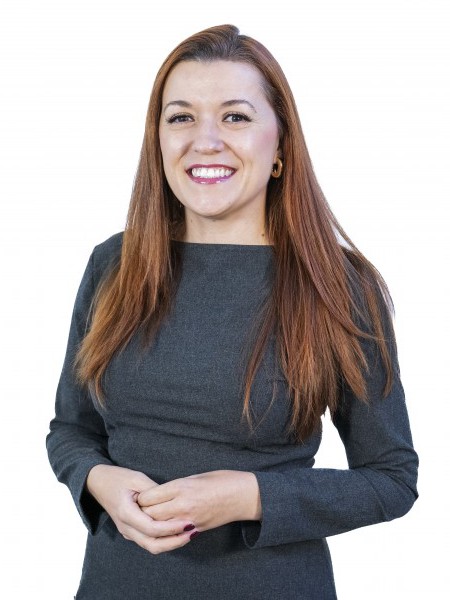resumo
Antibodies, in particular immunoglobulin G (IgG), are one of the biopharmaceutical industry highflyers, with relevance for the treatment of several diseases. However, the recovery of antibodies from complex biological media with high quality and purity is difficult and requires multi-step and expensive approaches. Herein, we propose a cost-effective approach using three-phase partitioning (TPP) systems based on polyethylene glycol (PEG)-salt aqueous biphasic systems (ABS) with ionic liquids (ILs) as adjuvants for the purification and recovery of IgG antibodies from three biological media, i.e., human serum, and serum-containing and serum-free Chinese hamster ovary (CHO) cell culture supernatants. The economic analysis of the developed process was carried out. The results obtained using PEG-salt ABS without ILs and human serum show that IgG could be recovered either at the interphase of the TPP or in the top phase, depending on the molecular weight of the PEG. The system composed of PEG with a molecular weight of 1000 g/mol is the PEG-salt system enabling the highest purity of human polyclonal IgG at the interphase (80.7 %, with a recovery yield of 65.8 %). Still, by adding 1 wt% of the ILs tetra(n-butyl)ammonium bromide ([N4444]Br) and 1-butyl-3-methylimidazolium chloride ([C4mim]Cl), it is possible to compete or even outperform the PEG 1000-salt system with no IL regarding purity/recovery per-formance and production costs under given operation conditions. The best systems were then applied for the purification and recovery of monoclonal antibodies from serum-containing and serum-free culture supernatants. Improved recovery of monoclonal antibodies from serum-free Chinese hamster ovary (CHO) cell culture su-pernatants with a reduction of the host cell proteins (HCPs) content are obtained by introducing ILs as adjuvants in PEG-salt systems, with [N4444]Br providing the lowest production costs. Overall, TPP systems were shown to be not only cost-effective, but also robust and flexible routes to purify and recover IgG from complex biological matrices as shown here with human serum, serum-containing and serum-free cell culture supernatants.
palavras-chave
AQUEOUS 2-PHASE SYSTEMS; BIPHASIC SYSTEMS; IMMUNOGLOBULIN-G; IONIC LIQUIDS; MONOCLONAL-ANTIBODIES; PHASE-DIAGRAMS; EXTRACTION; PRECIPITATION; CHROMATOGRAPHY; TEMPERATURE
categoria
Engineering
autores
Capela, EV; Magnis, I; Rufino, AFCS; Torres-Acosta, MA; Aires-Barros, MR; Coutinho, JAP; Azevedo, AM; Silva, FAE; Freire, MG
nossos autores
Grupos
G4 - Materiais Renováveis e Economia Circular
G5 - Materiais Biomiméticos, Biológicos e Vivos
Projectos
CICECO - Aveiro Institute of Materials (UIDB/50011/2020)
CICECO - Aveiro Institute of Materials (UIDP/50011/2020)
Associated Laboratory CICECO-Aveiro Institute of Materials (LA/P/0006/2020)
agradecimentos
This work was developed within the scope of the project CICECO-Aveiro Institute of Materials, UIDB/50011/2020, UIDP/50011/2020 & LA/P/0006/2020, financed by national funds through the FCT/MEC (PIDDAC). This work was funded by national funds (OE), through FCT/MCTES from the project PTDC/EMD-TLM/3253/2020. Funding received from FCT by iBB-Institute for Bioengineering and Biosciences (UIDB/04565/2020 and UIDP/04565/2020) and by i4HB (LA/P/0140/2020), is also acknowledged.





